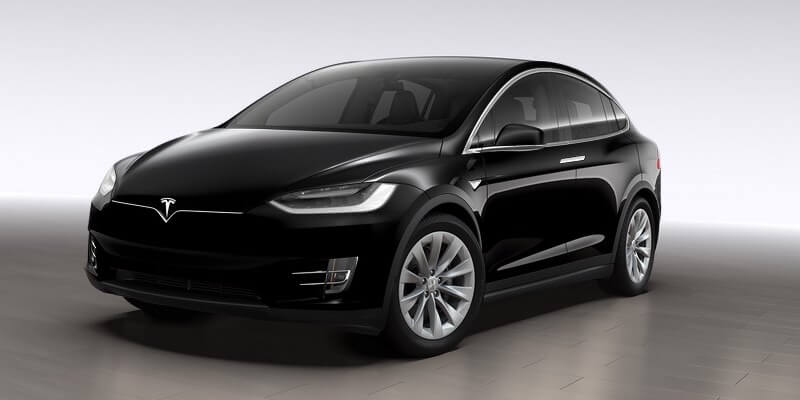Tesla is reviewing 15,000 Model X SUVs as a result of an issue with its steering. The vehicles that are being recalled are mostly Model X built before mid-October 2016, yet the move doesn’t influence cars worked after that date.
NHTSA said there are zero accidents related to the Model X recall problem. The review covers 14,193 U.S. vehicles and 843 in Canada. Tesla will organize the substitution of the mounting jolts and will likewise supplant the steering gear if necessary, Transport Canada said.
Tesla gave the review after seeing extreme consumption on bolts that interface the Model X’s capacity guiding segment to its directing apparatus, especially in chilly conditions where a particular sort of street salt is utilized.
Model X proprietors don’t have to get their vehicles for administration promptly. The problem could make the car losing its capacity of power-steering-assist function, which would make it progressively harder to turn the directing wheel; however, it won’t make it unusable.
Tesla said it would contact proprietors to plan arrangements when parts are accessible and will likewise apply an erosion safeguard sealer in Model X vehicles that could be utilized in cold places.
Here is Tesla’s quote: “Tesla has decided to proactively retrofit a power steering component in some Model X vehicles. This voluntary recall applies to most Model X vehicles built before mid-October 2016. Model X vehicles built after mid-October 2016 are not affected.
We are not aware of any injuries or collisions relating to the power steering component. However, we have observed excessive corrosion on the bolts that attach this component to the steering gear in affected Model X vehicles. This corrosion has been observed primarily in very cold climates that use calcium or magnesium road salts rather than sodium chloride (table salt). If the bolts fracture from corrosion, the driver may lose power steering assist. This would not prevent the driver from steering the vehicle, but it would require more force to turn the steering wheel, especially during low speed parking maneuvers when power steering assist is at its highest use. Power steering assist decreases with increasing speed, so the driver may not notice a need for more steering force at highway speeds.
If you own a Model X affected by this voluntary recall, there is no immediate action you need to take at this time, and you may continue to drive your car. Tesla will replace the bolts and apply a corrosion-preventative sealer in all affected Model X vehicles to account for the possibility that any vehicle may later be used in a cold, highly corrosive environment. The service will be free of charge. If any bolts are found broken on your vehicle or break during removal and cannot be removed, we will also replace your steering gear, again free of charge. Tesla will contact you to schedule a service appointment when parts become available in your region.”

